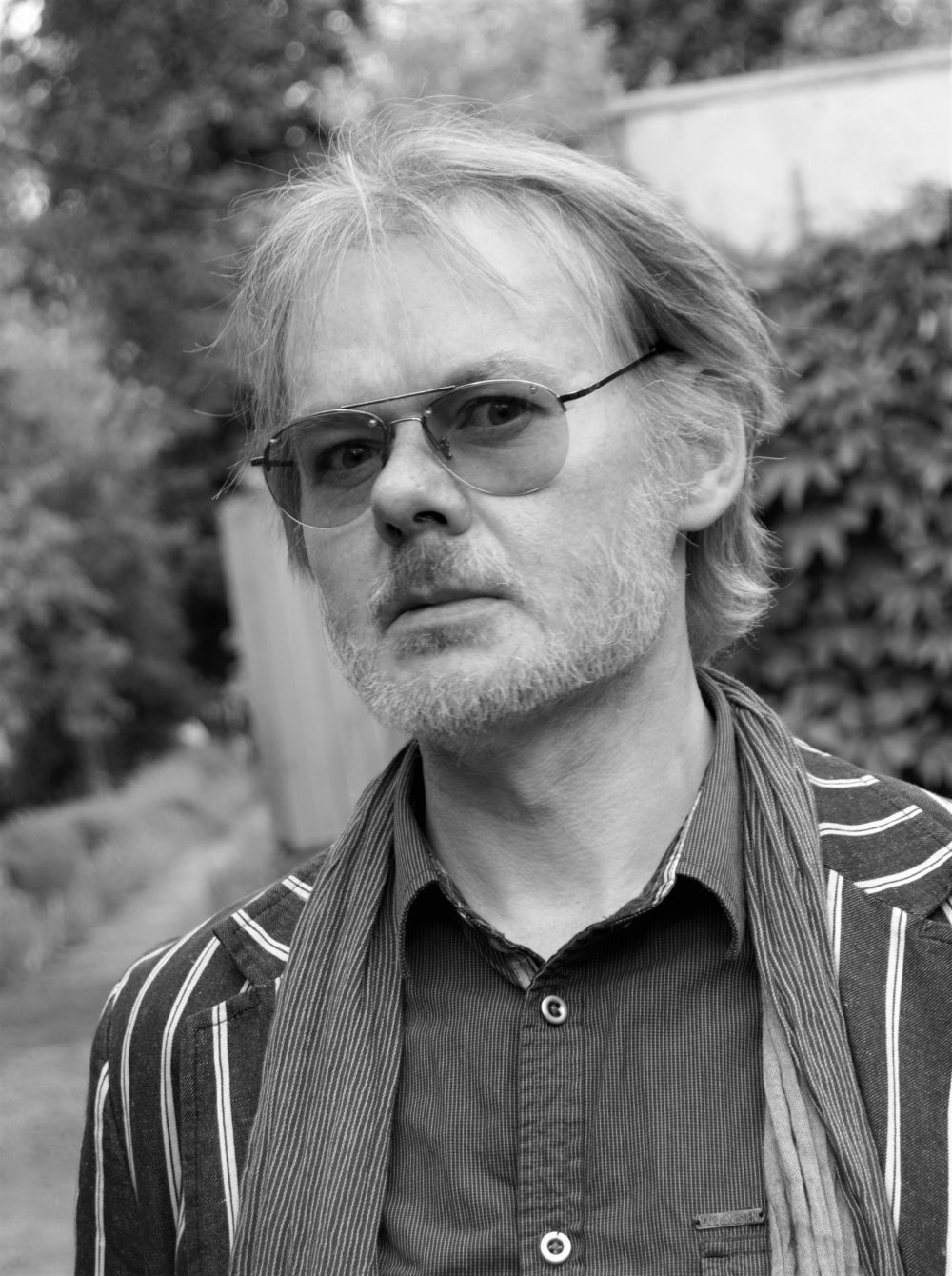Kęstutis Navakas
Kęstutis Navakas (1964-2020) was one of the most visible Lithuanian poets. He grew up in Kaunas, which figures in his work as his beloved city, and he has been a very active participant in the city’s cultural life. Besides writing for the cultural press, Navakas opened his own bookshop, which was one of the first private establishments to organise literary events. He has also worked for television as a book reviewer, and has translated quite a lot of poetry from German and English. His own writing is marked by a very playful attitude towards language. He made his debut as a poet, and has published five collections of poetry, but he later also started writing essays. His writing is elegant, playful, erotic, and full of joie de vivre, with slightly decadent overtones. For him, no word has a single fixed meaning; he employs free association and frequently uses quotes and references to spice up his writing. ‘I am an adventurer,’ he once said in an interview, perfectly characterising both his personality and his work.
Vyno kopija (A Copy of Wine). Vilnius: Tyto alba, 2016. – 200 pp.
The author has no idea what his first novel is about. Neither do the readers, but most seem to like it that way. Reading it is sheer pleasure, even though no one can tell you why. The main character seems to be deceased, but returns to life for one last day, accompanied by someone – a guide? another ghost? who knows and who cares! The events – dreams? visions? deliriums? – jump around in space, from Rome to Berlin to some kitchen somewhere. The cast of characters is broad and varied: many seem to be writers, some of them also dead. In typical Navakas fashion, everything is a reference and an intertext – some reviewers have found that even a little exhausting. However, one has to appreciate the wildness of the ride.
Selected translations
German: Die gelassene Katze; Capriccios von don Quichotte: essays. Translated by Saskia Drude. Wiesbaden: Corso, 2017
Czech: Zvířátka se učí kamarádit. Translated by Věra Kociánová. Pecka: Venkovské dílo, 2021
Evropa za tři groše: essay. Translated by Michala Pešková In: Plav. Z Litvy na Madagaskar, 2008
